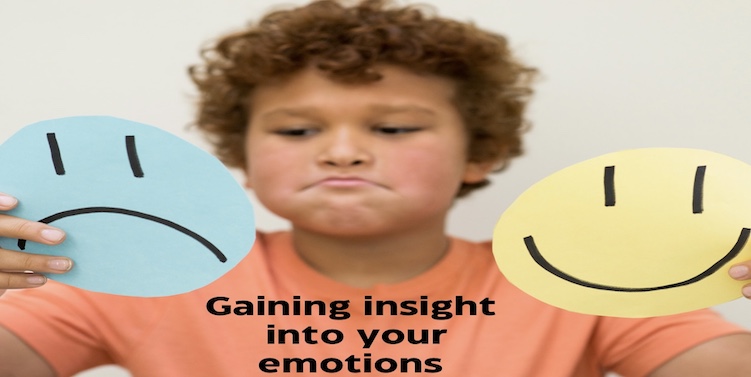
Written by Jennifer Cox LCPC
Whether emotions are considered positive or negative, they can sometimes appear arbitrary. They are all impulses to act, preparing the body for very different responses.
There are, however, many ways to gain insight into your emotions. Begin by identifying and recognizing them before going on to explore how they make you feel, think, and behave.
-Recognize emotional thinking – Question whether your response to a situation was based on emotions or logical thinking. Try to think how someone else might say you reacted by stepping away from the emotion and looking at it as an observer, this can help to provide clarity and perspective.
-Identify your emotions by name. Taking the time to label your emotions can help you better understand what you’re feeling and why.
-Talk or write about your thoughts and emotions – By talking and reading something you wrote out loud to yourself, you can see things differently, since using different senses.
-By mindfully practicing self-compassion you can process your emotions, thoughts, and experiences by:
*Writing the situation down as objectively as you can
*Observing any emotion or bodily sensation that arises without engaging with them
*Writing down supportive, compassionate statements such as we all make mistakes or it’s okay to feel this way
*Reflecting that it is natural to feel upset, lonely, frustrated, and fearful at times
This process does take time, so when our emotions negatively impact the quality of our lives, it may be time to seek help.
Talking with a mental health professional could help with this process.
Reach out today at info@echcounseling.com or 815-363-0864.

